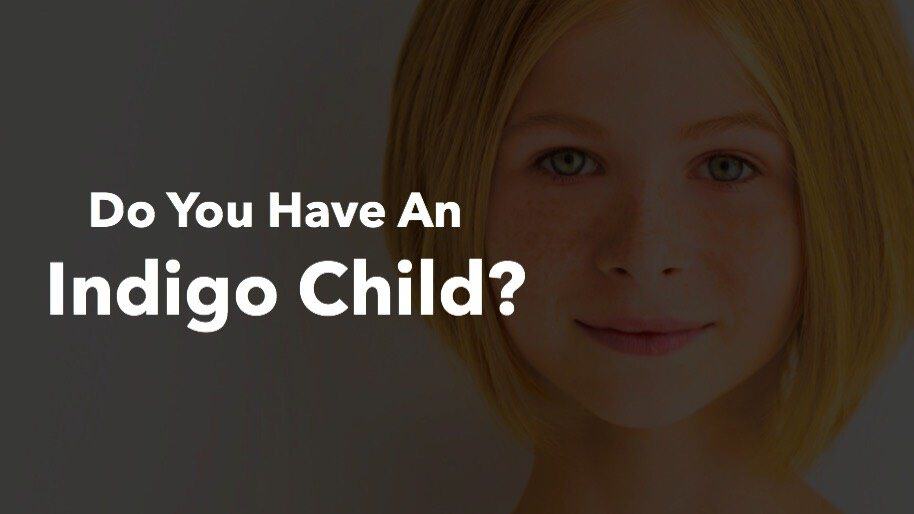One of the fantastic things about all children is the power of imagination. Still, there are other children and adults with the ability to perceive things beyond what the normal adult can perceive. Whether an indigo child can actually have special skills, learn as they grow to ignore the unusual things they perceive, or the things we as adults have learned do not exist is unknown.
5 Signs You Have an Indigo Child
1. An indigo child seems to have extrasensory perception
Intuition doesn’t even explain the types of premonitions your child may have. They almost seem to have ESP (extra sensory perception) because they make correct choices that make it seem as if they knew something was about to happen. An example would be stepping to the side just before a motorcycle has to swerve toward the curb to avoid a car; how did he know that was about to happen?
Researchers in the Journal of Parapsychology studied Native American children and their abilities to guess the shape on an ESP test card concealed by a screen. They had perception results that were high above average chance rates. The Native children predicted cards with 700 to 1 odds compared to a typical result with average chance.
2. An indigo child knows what’s happening
If your child is highly perceptive and knows when something is wrong, you may have an indigo child. Nobody said a word, but the child knows you and your partner are fighting. Whether they pick up on your body language or they just have ways of knowing the imprint of pain on your hearts is the mystery they alone know.
3. An indigo child experiences creatures or beings you can’t see
If your child says that they see fairies, leprechauns, pookas, or ghosts, but you can’t see anything at all, you may have an indigo child. Fantasy creatures seem to be drawn to your child’s openness to receive energies of various kinds. Your child may talk to them or tell you about them, stare off in the distance at one of their invisible friends.
4. Has an imaginary friend
Does the child have New Age gifts to perceive auras and things that adults can’t see? Or are the children socially awkward so they make friends up? Some researchers believe that we may have created the New Age concept of an indigo child to reframe childhood psychological ‘problems’ like dependence on an imaginary friend. By doing so, the child would be viewed as having a more positive and unique personality, not a psychological problem.
Researchers in The Journal of Alternative and Emergent Religions say ‘In late twentieth-century America the notion of Indigo children emerged. Said to have indigo-colored auras and unique spiritual abilities, these young people have had difficulty fitting into social institutions and are often diagnosed with Attention Deficit Disorder.’ The researchers say that the concept of an indigo child was a way of assigning positive traits to ‘good children turned bad through psychological illness.’
5. An indigo child has personality quirks
An indigo child is highly intelligent and capable of being able to solve problems in ways that adults cannot imagine. They may seem distracted or inattentive, possibly because something unseen holds their attention. The child may often seem more serious than a child should, rather than smiling and playing. Acting adult-like in wisdom gives the indigo child the sense of having lived several lifetimes before.
References:
ESP in native American kids
http://search.proquest.com/openview/5fe04652ac60c1d6a6a87fc1af276e50/1?pq-origsite=gscholar&cbl=1818062
The Wisdom of Indigo Children: An Emphatic Restatement of the Value of American Children he Journal of Alternative and Emergent Religions
http://nr.ucpress.edu/content/12/3/6



















